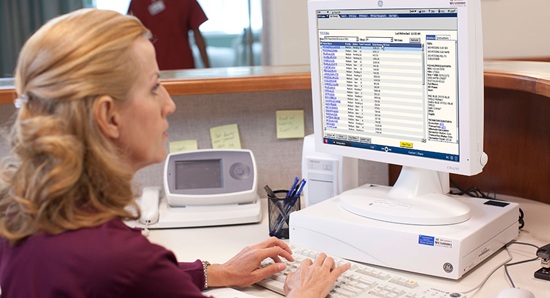Enterprise Task Management Software And Common Features


Enterprise task management and tracking software solutions have matured, and in particular, with the emergence Low Code or Lean BPM solutions, they are now well within the price range of SMBs too. With so many solution providers coming to the market, what features can you expect and what should you be looking for in a solution that is right for your business?
In this article, we’ll take a look at some of the core functionality you should expect, and we’ve reviewed the major Lean BPM providers such as JobTraQ, Appian, Wrike and AtTask.
Surprisingly enough, you should expect a task management solution (sometimes referred to as a project management tool). Specifically though you should be looking for the following features: role-based permissions, the ability to have any user assign tasks to any other subject to their permissions, the ability to collaborate not just within the team, but across the organization, the ability to create custom task types and fields (form customization), late notifications and alerts, and the ability to import data from common file formats such as CSV files.
This is where a lot of solutions fall down, so make sure you pay close to attention to just what is being offered. You should be able to design workflows and business processes using an intuitive UI, typically with drag-and-drop functionality which allows for the creation of very simple or very complex workflows. In addition, there should be automated approval processes, resource reassignment and the ability to handle how to route a task as it goes through the workflow.
Extra points go to solutions, such as JobTraQ, which not only allow you to design a visual workflow, but will also take the workflow and push it into the task manager. This means you don’t just design the workflow, you make it operational, and all without any involvement from a dev team or specialist coding knowledge.
While not necessarily a CRM, an enterprise task management solution will be able to operate as a contact manager. It should be able to securely store custom forms, determine levels of access (role-based permissions), associate users and contacts with assets, and again allow for importing contact data from common file formats.
The solution should be capable of being translated into other languages, certainly the ones your business uses, and it also should be available either as a SaaS or an On Premises version. The ability to adjust for local time zones, including updating the resource calendar for local national holidays is a big plus. A thoughtful addition is adjusting for Daylight Savings Time changes (and again these are unique to each country and do not follow the US dates for going forward or back an hour).
Finally, reporting is a big deal and especially the ability to automatically generate reports and send them to the report recipients. This saves a great of time in report preparation, and allows senior management to focus on running the operations and finding ways to make improvements.
Jane Wrythe is a business and technology writer, with an interest in IT and BPM – she is currently reviewing Managed Service Providers such as Swift Systems.
